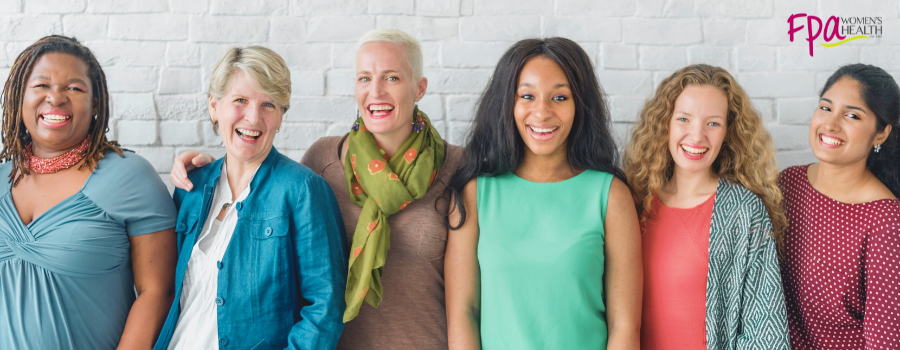
Aging brings many changes for women, affecting everything from fertility to menstruation and sex drive.
How Does Aging Impact Fertility?
Many women are curious about their ability to conceive when the time feels right for them. So, understanding how age affects fertility can help you plan for the future.
Did you know that women are born with all the eggs their ovaries will ever produce? As women get older, the quantity and quality of those eggs naturally decreases.
According to the American Society for Reproductive Medicine, fertility peaks between a female's late 20s and early 30s. After this, eggs slowly decline. By age 40, the chances of becoming pregnant drop to less than 5% per cycle, according to the ASRM. After age 45, getting pregnant naturally becomes unlikely for most women without fertility treatments.
Age not only impacts the ability to become pregnant, but the health of the pregnancy. The risk of miscarriage or genetic abnormalities increases significantly after age 35.
How Does Aging Impact Menstruation?
As women age, their menstrual periods can become more painful, heavier, or longer.
Various age-related conditions can cause these changes. For instance, small fibroids that are asymptomatic in a woman's 20s can grow larger and cause more pain and heavier bleeding by her 40s. Additionally, conditions such as endometrial or cervical polyps, adenomyosis, and endometriosis tend to worsen with age. Women are also more likely to develop ovarian cysts or precancerous changes in the uterus or cervix as they get older.
When Does Menopause Occur?
The average age of menopause is 51, which is defined as going 12 months without a period. However, many women start experiencing the hormonal effects of perimenopause years before reaching this point.
During perimenopause, common symptoms include fatigue, night sweats, brain fog, and vaginal dryness. However, symptoms can vary widely, and some women might experience tingling in the hands and feet or difficulty digesting certain foods.
What Happens During Menopause?
As our ovaries age, they produce less estrogen, progesterone, and testosterone. These hormones play vital roles throughout our bodies, affecting everything from the nervous system to the digestive tract.
How Does Aging Impact Sex Drive?

As women age, they can sometimes face changes in libido. It is common for women to report a decrease in sexual desire in their 40s and 50s.
In this age range, many claim that sex doesn't feel as good. There's a biological explanation for this--As women age, they may experience vaginal dryness or atrophy because they're producing less estrogen. Hormonal symptoms of aging can be treated with vaginal estrogen cream, which is safe for most women.
Some women find that as they age, they enjoy a new freedom when having sex because they do not need to worry about an unplanned pregnancy.
Libido can change from day to day, year to year, but clear communication with your partner is key.
In the California area? Make an appointment today to discuss any changes you are facing or any questions you might have. FPA specializes in women's health at every age!
Share This
Get Help Now